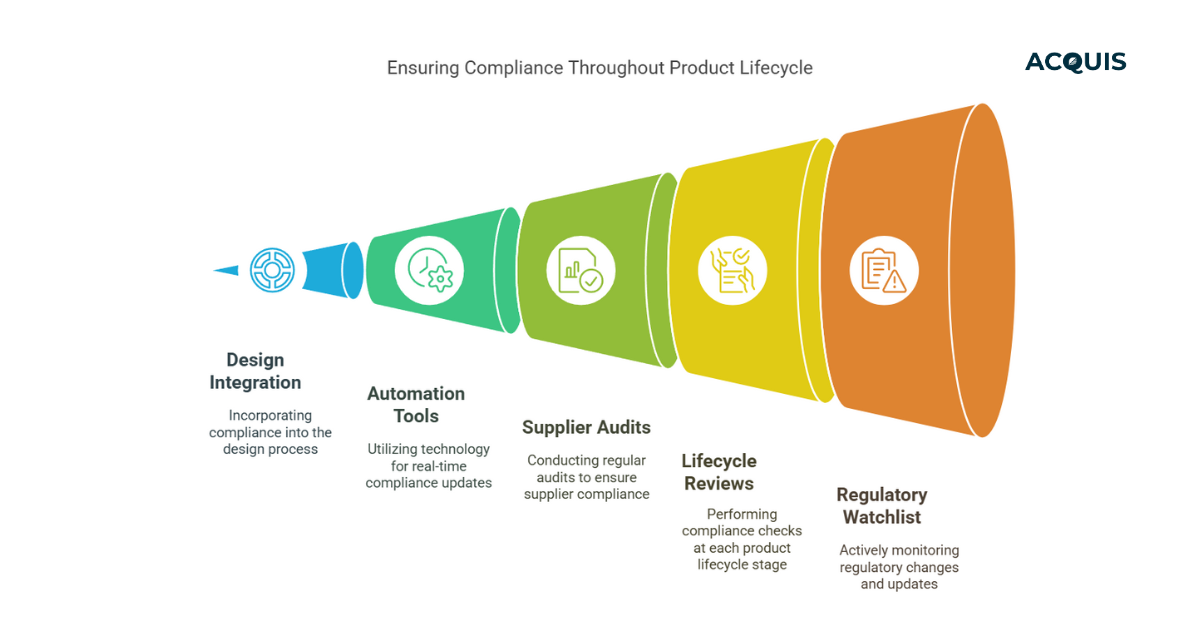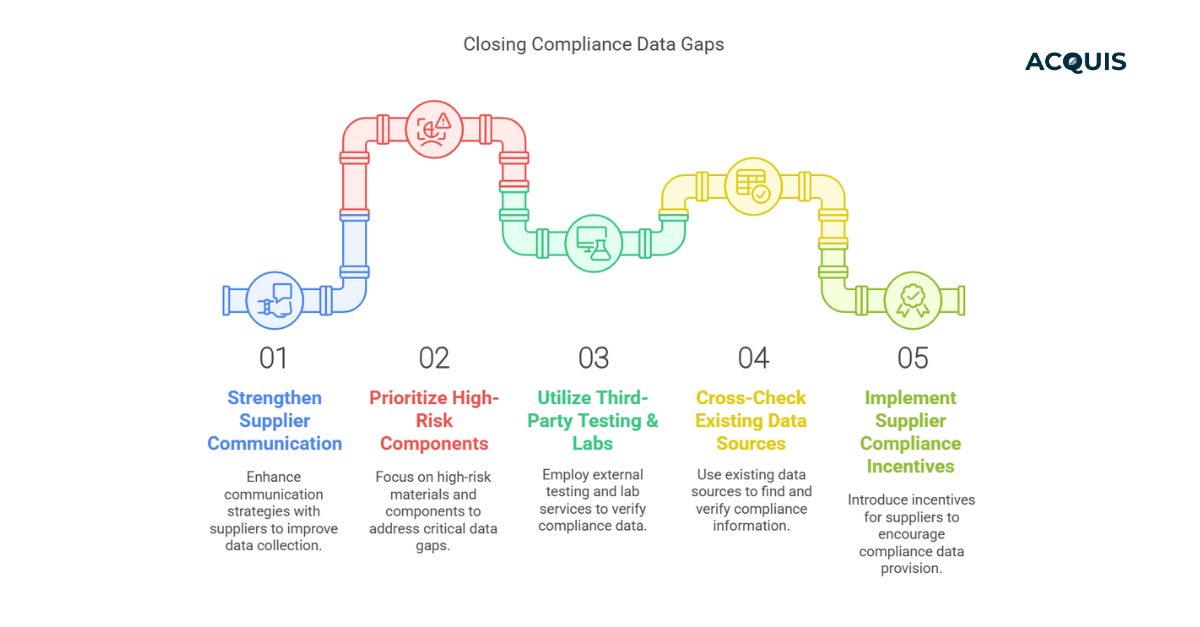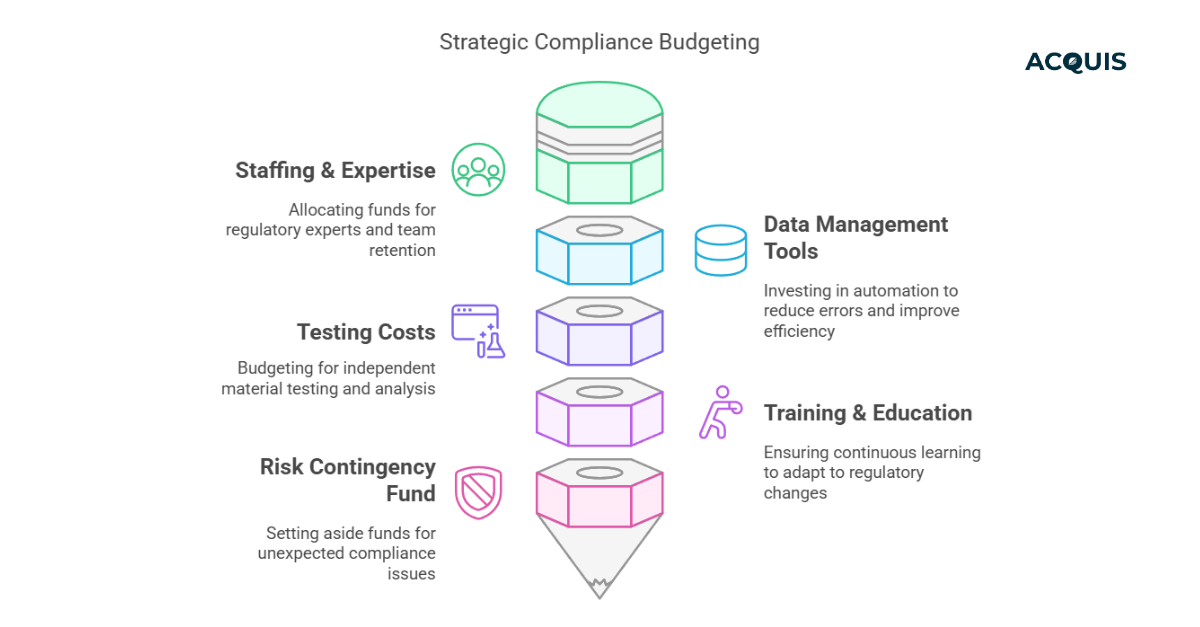Table of Contents
Perfluoroalkyl and polyfluoroalkyl substances (PFAS) have become a significant concern due to their persistence in the environment and potential health impacts. Kentucky's HB116 aims to tackle this issue head-on with a series of measures designed to monitor, report, and mitigate PFAS contamination.
What is Kentucky PFAS Bill HB116
Kentucky HB116 establishes a PFAS Working Group attached to the Cabinet for Health and Family Services. This group is tasked with reviewing the latest research on PFAS, sharing state-level data, consulting with various stakeholders, and developing recommendations for mitigating PFAS's effects on health outcomes in Kentucky. The bill also imposes stringent reporting requirements on manufacturers and sets penalties for non-compliance.
Kentucky PFAS Working Group
The PFAS Working Group, comprising 21 members from various sectors, will play a crucial role in addressing PFAS contamination. This diverse group includes commissioners from public health, environmental protection, and fish and wildlife resources, alongside representatives from academia, industry, and local government.
The group's responsibilities include:
- Reviewing health impact research
- Sharing data from state studies
- Consulting with stakeholders
- Developing mitigation recommendations
The group will meet at least three times annually and submit a report to the Governor and the Legislative Research Commission by December 1 each year.
PFAS Reporting Requirements for Manufacturers in Kentucky
From January 1, 2025, manufacturers of products containing intentionally added PFAS must submit detailed reports to the secretary.
These reports must include:
- Product description and codes
- Purpose and amount of PFAS in the product
- Manufacturer contact details
- Any additional requested information
Manufacturers must update this information whenever new products are introduced or significant changes occur. Non-compliance with these reporting requirements can lead to substantial penalties.
Penalties for Non-Compliance of Kentucky PFAS Bill HB116
To ensure compliance, HB116 sets forth penalties for manufacturers and county judge/executives who fail to meet the reporting requirements. The penalties include:
- Up to $1,000 per day until compliance
- Legal action by the Commonwealth of Kentucky or the Attorney General
Impact on Wastewater Treatment Facilities
The bill also addresses wastewater treatment facilities, mandating that they monitor and report PFAS concentrations annually. Facilities cannot refuse sewage based on PFAS concentrations, ensuring continuous monitoring and transparency.
Conclusion
Kentucky's HB116 is a significant step towards addressing PFAS contamination. By establishing a dedicated working group, imposing strict reporting requirements, and setting penalties for non-compliance, the state aims to protect public health and the environment from the adverse effects of these persistent chemicals.



